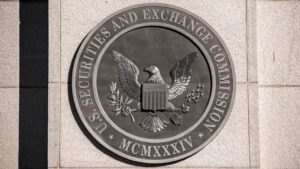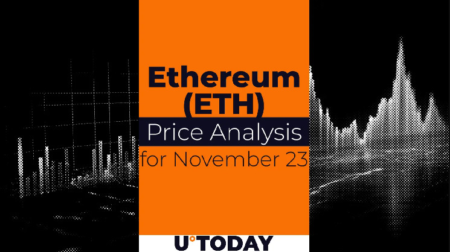JPMorgan has projected a confident stance regarding the US Securities and Exchange Commission’s (SEC) eventual green light for spot Ethereum exchange-traded funds (ETFs).
Despite earlier this year giving a no more than 50% chance for approval by May, optimism persists within the firm.
Ethereum ETF Approval Odds Improve
Nikolaos Panigirtzoglou, managing director and global market strategist at JPMorgan, expressed that a delay beyond May could trigger a litigation process akin to previous legal battles involving Grayscale. He anticipates the SEC could face a defeat in such litigation.
This could pave the way for the eventual approval of Ethereum ETFs, albeit at a later timeline.
“If there is no spot Ethereum ETF approval in May, then we assume there is going to be a litigation process after May,” Panigirtzoglou stated.
This optimistic outlook persists even amid reports of the SEC scrutinizing the Ethereum Foundation and efforts to classify Ethereum as a security. However, easing centralization concerns, notably the declining market share of Lido Finance, enhance ETH’s prospects of sidestepping the security designation.
JPMorgan’s team underscores network decentralization as a critical factor, drawing from the SEC’s Hinman documents.
“The share of Lido in staked ETH has decreased further from around one third a year ago to around a quarter at the moment. This should reduce concerns about concentration in the Ethereum network, thus raising the chance that Ethereum will avoid being designated as security in the future,” Panigirtzoglou said.
Contrastingly, the sentiment is not universally accepted. Bloomberg’s senior ETF analyst Eric Balchunas noted a decline in his optimism. He adjusted his odds for Ethereum ETF approval to 25% from an initial 70% in January.
Read more: Ethereum ETF Explained: What It Is and How It Works
The SEC’s ongoing solicitation for comments on several spot Ethereum ETF applications, from heavyweights such as Fidelity, Grayscale, and Bitwise, adds a layer of anticipation to the narrative. These developments are closely watched, as they could significantly influence the regulatory landscape for cryptocurrencies in the US.
Read the full article here









